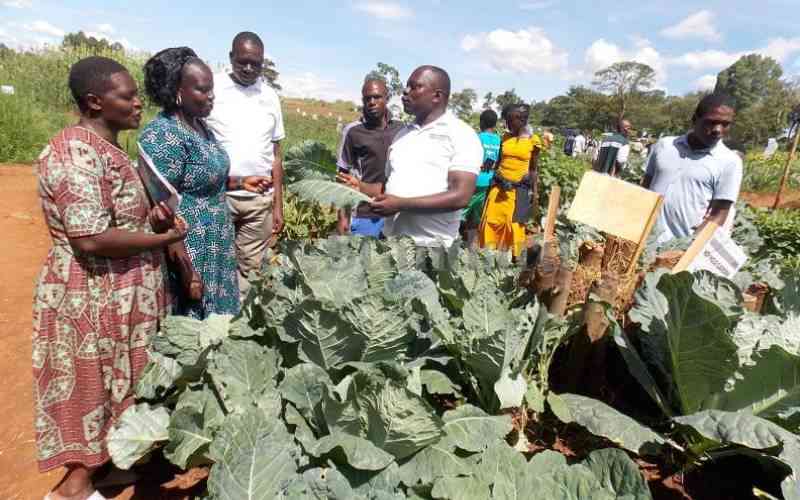×
The Standard e-Paper
Kenya’s Boldest Voice

Several countries are preparing documents of what they want to be included in the stock-take climate negotiations event to be held in Dubai in December.
At the event, countries and stakeholders will be taking an inventory to see whether progress is being made towards meeting the goals of the Paris Climate Change Agreement.